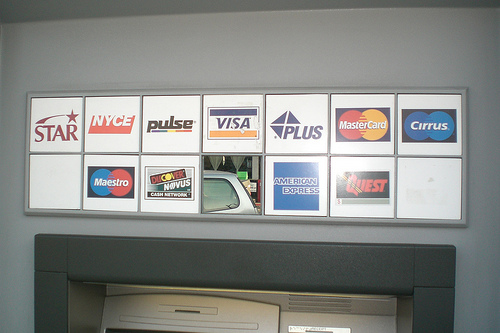Will the government regulate Credit Card Companies in the Future?
Posted by : Premraj | Posted on : Tuesday, July 21, 2015

Ever since the meltdown in the financial sector in 2007 – 2009 regulations have been put in place for most of the financial industry including credit cards. The Credit Card Act of 2009 put in greater accountability, disclosures and limits fees / rate levels. The government has had pressure to regulate credit cards further in terms of interest rates and interchange rates as more and more people are defaulting on their credit cards.
Safety is also a major concern in the credit card industry as a series of customers data has been hacked and compromised across the US. So how will the government regulate credit cards now and in the future? What is in store for the credit card industry, and the merchant accounts that handle the interchange rates? Today, we will examine these questions and see what’s in store for the future.
Credit Card and Interchange Merchant Reform Regulations
Since the credit act of 2009 came out, those who do issue credit cards have tightened the requirements on those who get cards by better assessing risk levels through algorithms. The credit act tightened the interest rate hikes and gave consumers the right to opt-out of changes in their credit card agreements and added many other benefits for consumers. The government also placed caps on debit merchant fees.
The Durbin Amendment came with the consumer protection act in 2009 that limits transaction fees based on merchants imposing fees. In 2011, these interchange fees were capped at 21 cents per transaction. These interchange fees are good, but what is in store for the future?
A New Era of Credit CardsBeginning in October 2015, there will a phase out of the old fashioned style swipe and sign style credit cards. The magnetic stripe credit cards will be replaced with a microchip style card. Banks can issue a pin number that could take the place of the signature although the signature can still be applied. The U.S. is the last market to use the old style of magnetic stripped credit cards.
The reason the U.S. is the last country to step up to this new style of credit card is because the U.S. is the largest issuer of credit cards in the world. There also are more specific challenges mainly being the U.S. has the largest and most complex market in the business world. Also, costs associated with the credit cards and interchange rates is a feat in itself that had to be dealt with as the Durbin Amendment had to be included in this new style of payment cards.
Looking Ahead Into the Future
Painless Processing, a company that facilitates businesses in obtaining merchant accounts for processing credit card payments thinks regulation and even possibly nationalization of some sort can occur. “We are seeing VISA, Mastercard, Discover and American Express dominating as a payment option, and some higher risk industries get charged higher rates and fees by companies like ours.” “America is not happy with executives of these companies getting paid enormous salaries and business owners get chunks of their money eaten by these companies” says Artie Quintero. The interchange rates may change, but government will likely do what’s in the best interest of businesses and consumers as a whole.
 SU
SU REDDIT
REDDIT







